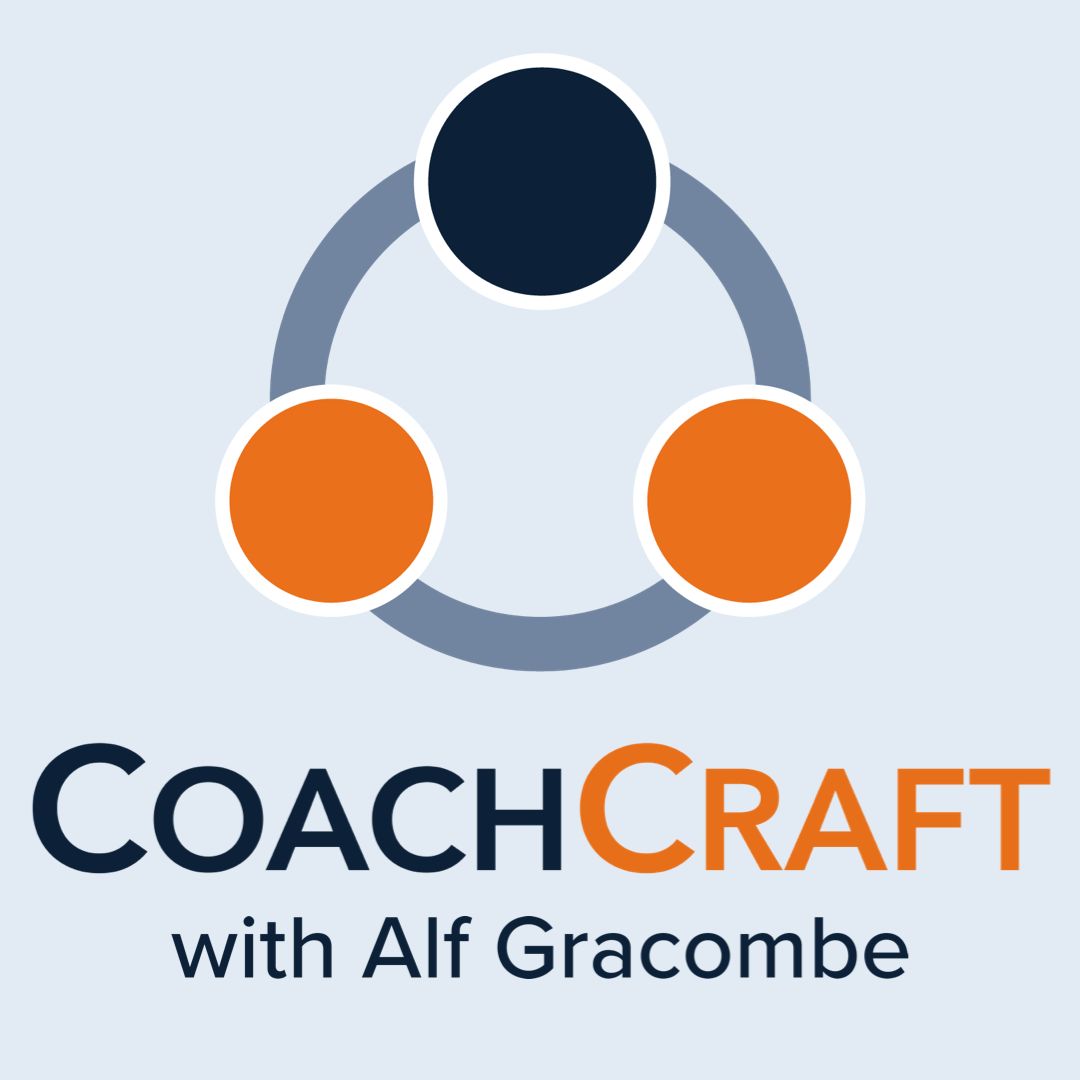After over a month since releasing a new podcast episode, we’re back with a conversation straight out of the top drawer. Michael Paule-Carres shares his journey into coaching, from youth club soccer and a player at a division 3 college in the U.S. to the city of Barcelona where he now serves as the head of F7 methodology at La Liga club RCD Espanyol.
Michael brings a wide perspective to his work at Espanyol, from sports science, player psychology, tactical and technical development, and pedagogical theory in support of progressing young athletes through the U8 to U12 stages and preparing them for 11-a-side football. Our conversation goes deep on how Montessori methods can be applied to academy football, with Michael marrying teaching theories with practical and specific examples for coaches of all levels.
“Always remember that players are human beings and start from that as the first point.”
Whether you aspire to coach at a professional youth academy or are looking for perspective and insights to develop your players at the grassroots level, this conversation is as information-rich as you’ll find.
Listen to CoachCraft on your favorite podcast player:
“The game is the teacher. But the right question we need to be asking is what type of game are we playing?”
Takeaways
Coaches should create environments that foster player autonomy.
Montessori methods can enhance player development in football.
Understanding players as human beings is crucial for effective coaching.
The transition from 7-a-side to 11-a-side presents unique challenges.
Coaching methodologies should adapt to the individual needs of players.
Values and culture play a significant role in a club's identity.
Observing and learning from the best teams can inform coaching practices.
Avoiding rigid coaching philosophies allows for greater flexibility.
Creating specific contexts for learning can enhance player decision-making.
Continuous learning and adaptation are essential for coaches.
Selected Links and Resources
Winchester, Virginia (Michael’s hometown)
"The Montessori Method" by Maria Montessori
Fabian Otte (Liverpool FC goalkeeper coach)
“El Entrenamiento Represantativo en el Futbol Base” by Joaquin González Rodenas
“El Entrenamiento Sistémico Basado en las Emociones” by Isaac Guerrero and Xavier Damunt
“When and How to Provide Feedback and Instructions to Athletes?—How Sport Psychology and Pedagogy Insights Can Improve Coaching Interventions to Enhance Self-Regulation in Training” by Fabian W Otte, Keith Davids, Sarah-Kate Millar, and Stefanie Klatt
“Perceptual-cognitive processes underlying creative expert performance in soccer” by André Roca, Paul R. Ford, and Daniel Memmert
“Developmental activities in the acquisition of creativity in soccer players” by André Roca and Paul R. Ford
“Talent selection in youth football: Specific rather than general motor performance predicts future player status of football talents” by Roland Sieghartsleitner, Claudia Zuber, Marc Zibung, and Bryan Charbonnet
“The English Game: A Journey of Discovery in the Home of Football” by Ivan Ambrosio
“Finishers” by Sammy Lander
“Being Wrong: Adventures in the Margin of Error” by Kathryn Schulz
"Sacred Hoops: Spiritual Lessons of a Hardwood Warrior" by Phil Jackson
The CoachCraft Podcast
CoachCraft explores the art and impact of coaching youth sports through in-depth conversations with renowned coaches from grassroots to professional levels, revealing how exceptional mentors use athletics to shape character, build confidence, and positively impact young lives.
Learn more at https://coachcraftpodcast.com.


